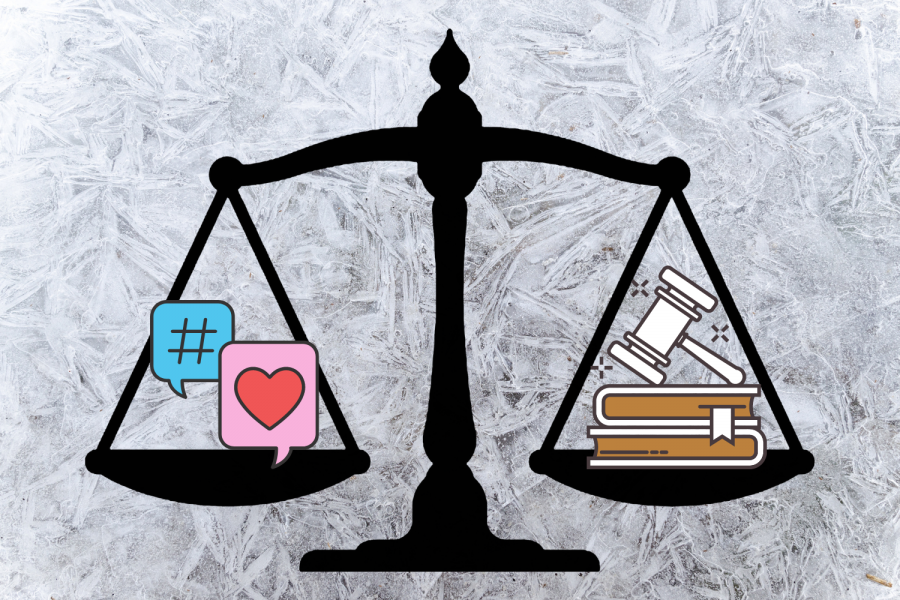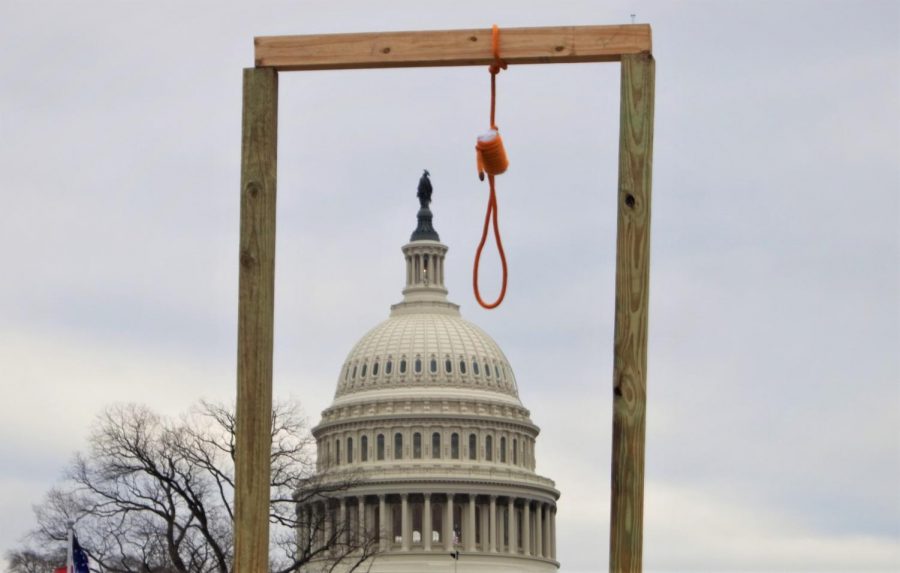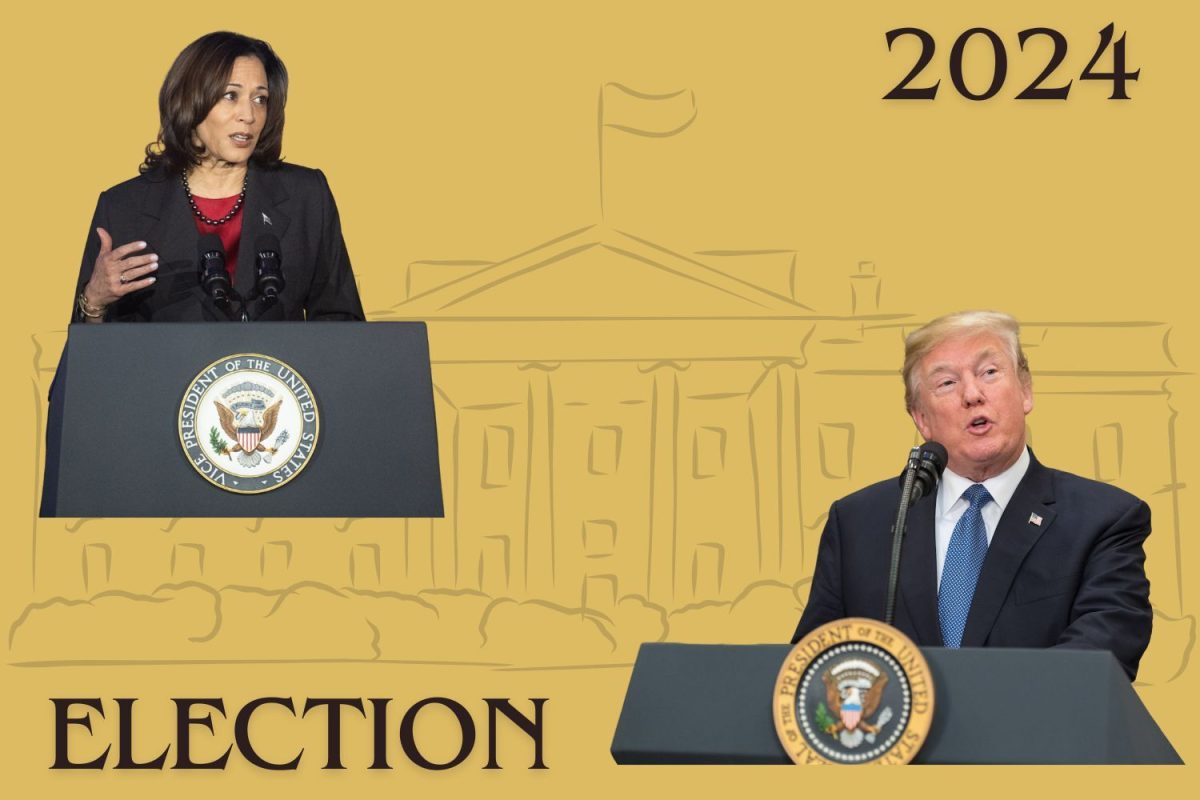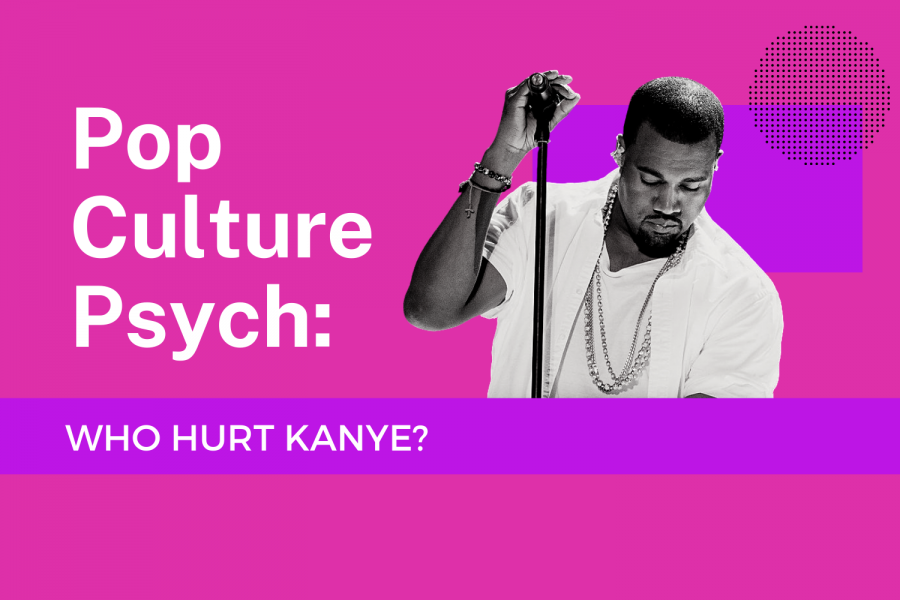President Trump was impeached for the second time in January because he incited the Jan. 6 Capitol Riot. During the trial, however, his lawyers aimed to paint the impeachment as a case of “constitutional cancel culture,” a phrase uttered by Michael T. van der Veen, one of Trump’s lawyers, before the Senate. This phrase positioned Trump as a martyr against the left’s culture of “political correctness,” writing off the impeachment as a mere partisan exercise. But the phrase “cancel culture” has been overused, and even misused, to the point that our criminal justice institutions are weakened by a false equivalency with it.
Screaming “cancel culture” is simply not a legitimate defense to a charge of criminality, and it distracts attention from what really matters.
President Trump was impeached because he asked Georgia’s Secretary of State to “find” more votes and because he “willfully made statements that encouraged and foreseeably resulted in—imminent lawless action at the Capitol,” as laid out in the House impeachment articles. Proponents of impeachment deemed that these actions constituted the “high crimes and misdemeanors” that provide grounds for impeachment under the Constitution. In other words, impeaching Trump followed constitutional law.
“Cancel culture” has nothing to do with the law. It is a system by which famous people are held accountable in a court of public opinion. People cannot be “canceled” by the Senate or a jury.
Unfortunately, this term has been co-opted by people like Trump’s lawyer and opponents of the “MeToo” movement, which seeks to bring perpetrators of sexual assault to justice. When Hollywood director Harvey Weinstein was accused and eventually convicted of sexual assault, many cried “cancel culture”; but when someone who commits a crime is brought to justice, that is not “cancel culture.”
If someone breaks into your house with a weapon and you press charges, is that really the same as people criticizing Ellen Degeneres on Twitter for forgetting Dakota Johnson’s birthday? Of course not. Celebrities and politicians have power because the public gives them a platform, and “cancel culture” sees the public deplatforming these figures when they do something the public doesn’t like.
But regardless of our thoughts on specific instances of celebrity cancellations, it is clear that comparing crimes like Weinstein’s sexual assaults and President Trump incitement of violence to what essentially amounts to a social media beef minimizes the gravity of these crimes.
Cancel culture is all about public opinion—emphasis on “opinion”—and in framing crimes like those perpetrated by Weinstein and others, as well as by Trump, as “cancel culture,” we frame crime as a matter of opinion.
What we’re really saying is: there’s a debate to be had about whether or not sexual assault or inciting a coup is actually that bad.
In fact, in framing the legitimate impeachment trial as “cancel culture,” Trump and his lawyers aimed to “cancel” the Constitution and justice system. Similarly, when Trump tried to “find” votes in Georgia and incited the Capitol Riot, he aimed to “cancel” the will of the people.
But if we did want to start using the word “cancellation” in a political context, then, instead of blithely using the word to defang a lawful investigation of wrongdoing as Trump’s lawyers did, we should apply it to cases of actual cancellation in the strict sense of the word. Thus, we should apply it to the disenfranchisement of mainly Americans of color who have been incarcerated for nonviolent crimes and had their right to vote “canceled” by laws that prevent felons from voting. We should apply it to Americans whose healthcare is “canceled” when they lose their jobs and their employer-provided insurance. We should apply it to the over 11 million American workers whose unemployment benefits will be “canceled” between mid-March and mid-April if the relief package is not passed soon.
“Cancel culture” may well give the public the power to ruin someone’s reputation, career, etc., theoretically without cause. But holding the most powerful man in the world accountable for inciting violence—for committing a crime—is not actually cancel culture. It’s justice.










